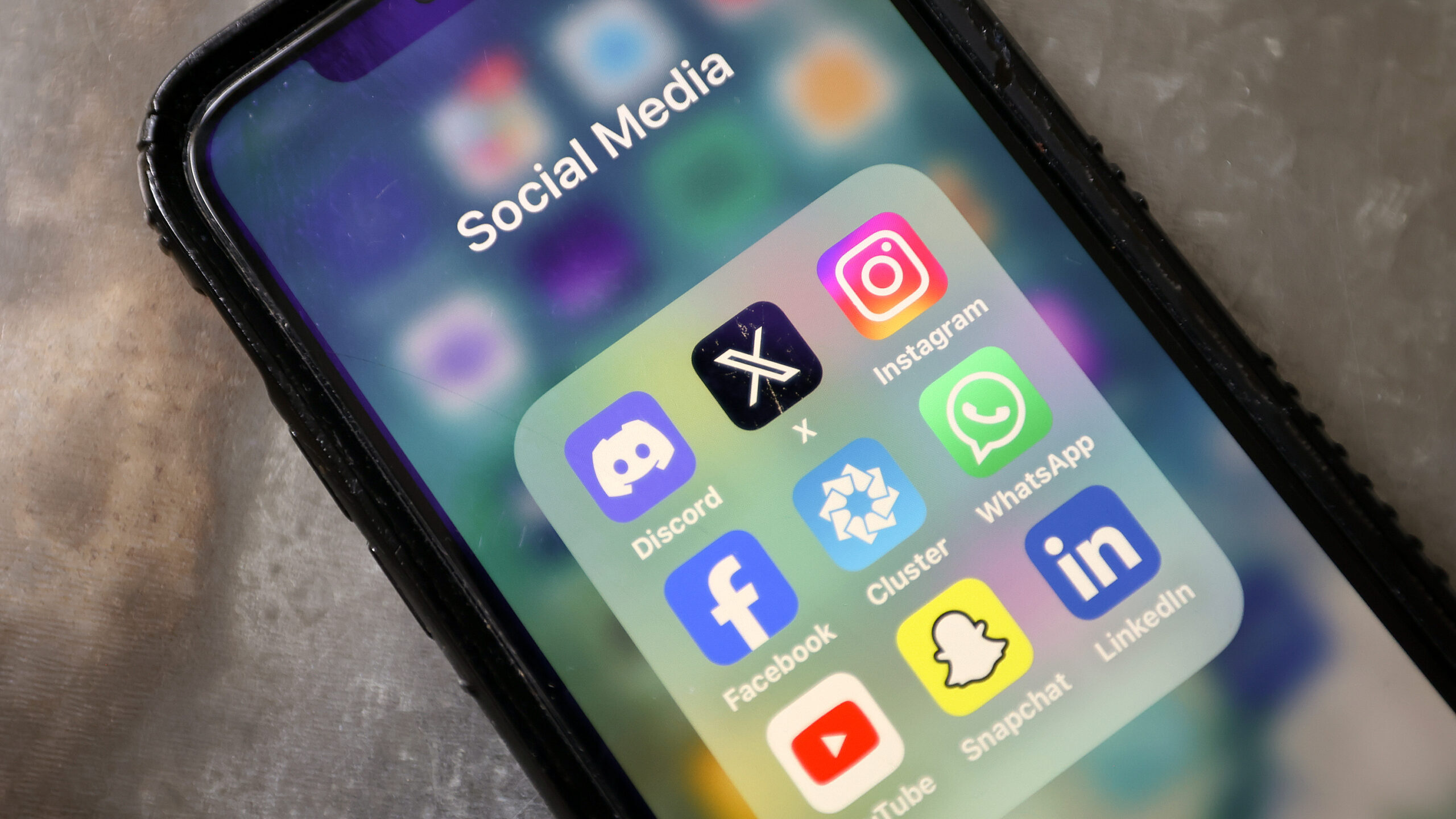ABC’s Matt Gutman on panic attacks as a war correspondent
Sep 13, 2023, 12:00 PM | Updated: 3:33 pm

SALT LAKE CITY — Experts believe that 50% of all Americans will experience a panic attack at some time in their lives. Half of us. And one of them is someone you’ve heard on KSL NewsRadio for a while — ABC’s Matt Gutman suffers from panic attacks.
My radio partner Tim Hughes and I had a chance to interview Gutman this morning. He has just completed a book entitled “No Time to Panic, How I Curbed My Anxiety and Conquered a Lifetime of Panic Attacks“.
We started talking regularly with Gutman on KSL NewsRadio about 18 years ago.
“I think I first started talking to you when I was in Gaza covering conflict there,” Gutman said. “Then in Iraq and Afghanistan. I was a war correspondent for my first seven or eight years. I still do disasters and go back to cover the war in Ukraine.”
We asked Gutman how in the world a person can be a war correspondent while suffering from panic attacks.
“I call it the paradox of the courageous coward,” he said. “I’m comfortable with a certain kind of danger, physical danger. I’m less comfortable with the social kind.”
What caused Matt Gutman’s panic attacks?
Gutman described his panic attacks as being connected to a fear that he wouldn’t be perfect.
“For many years, I suffered panic attacks live on air,” he said. “Typically, it would happen when I had to do short live intros, and it had to be perfect. That fear of perfection caused my brain to melt down.”
Hughes shared with Gutman that he has a 40-year-old daughter who is going through this.
“She is actually in treatment right now,” Hughes said. “I stumbled across an article in Time yesterday about your book, and I sent it to my daughter. Your findings and your journey through this are going to help a lot of people understand that you aren’t going to die from your panic attack. You might feel like it.”
“Panic is normal,” Gutman explained. “It’s also massively common, but people like me didn’t know. I went to therapy for 20 years because of some trauma in my childhood. I should have known what anxiety and panic is, but I didn’t.”
It’s in our bodies
The symptoms of a panic attack almost perfectly imitate a heart attack — rapid breathing, sweating, heart pounding, tunnel vision, trembling.
“Even practiced 911 operators cannot tell the difference,” Gutman said.
Millions of Americans check themselves into hospitals every year because they think they’re dying of a heart attack. Nearly 40% of those people are actually having a panic attack.
“It’s not in our heads,” Gutman said. “It’s in our bodies.”
How he overcame his attacks
Gutman told us that he tried every hallucinogen, everything pharmacology had to offer, to get relief from his panic attacks.
“The first and best medicine is sharing,” he said. “It was a dark secret that I couldn’t tell anybody until after my last panic attack on air in December of 2020. I was flying home and I started yammering to this wonderful woman next to me. I realized then that sharing is really good medicine.”
He also recommended cutting your caffeine intake for people with anxiety.
“Cutting your alochol,” Gutman added. “The stuff we know to do for ourselves. Being kind to our bodies.”
If you are suffering from panic attacks, Gutman’s message for you is: “You’re not alone. It’s totally normal. You’re going to be okay. A panic attack only lasts for 15 to 60 seconds. That is the period during which your brain is assessing the threat. After that, it’s just anxiety.”
For those of you who do not suffer or have not had a panic attack, Gutman asks for understanding.
“We are your friends, family members, your colleagues. There are more of us than you think.”













